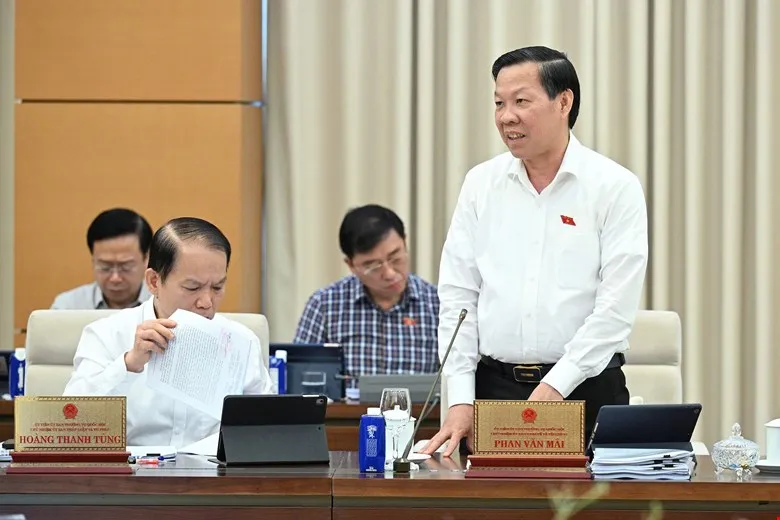
On the afternoon of June 6, continuing the 46th session, the National Assembly Standing Committee (NASC) listened to reports and gave opinions on receiving, explaining, and revising the draft Law on Management and Investment of State Capital in Enterprises.
Representative of the inspection agency, Chairman of the Economic and Financial Committee Phan Van Mai said that the draft Law on Management and Investment of State Capital in Enterprises has been revised to enhance the autonomy of enterprises, while still ensuring the close supervision role of the State as the capital owner.
The draft law retains the structure of 8 chapters and 59 articles as submitted to the National Assembly, but has many important amendments and supplements to clarify the rights and responsibilities of enterprises, especially in areas such as investment, capital mobilization, profit distribution and project transfer.
One of the notable contents is that the scope of the law is not expanded to enterprises with investment capital from political organizations, the Vietnam Fatherland Front or socio-political organizations.
Although there are suggestions to add this group of subjects, the Economic and Financial Committee believes that these enterprises use many mixed capital sources, not purely state capital, so it is not suitable to include in the law. However, to create a legal basis for investment and capital management at enterprises belonging to this organization, the draft has added provisions allowing enterprises to apply the provisions of the law and assigns the Government to specify details.
The issue of internal capital mobilization and lending is also a matter of thorough discussion. According to the draft, enterprises are allowed to decide to lend capital to their subsidiaries within the scope of their capital contribution; if it exceeds the value, they must report to the owner's representative agency for approval. This regulation is considered reasonable by the review agency, as it ensures financial autonomy for enterprises while avoiding abuse and risks in state capital management. At the same time, the Government will be assigned to provide detailed regulations on guarantees and lending conditions for effective control.
In the investment field, there is a proposal to only allow large-scale state-owned enterprises to invest in real estate. However, Chairman Phan Van Mai acknowledged that this would limit the autonomy of enterprises, going against the policy of innovation and modern management thinking. The view of the Economic and Financial Committee is that state-owned enterprises, like other enterprises, need to operate according to their charters, business strategies and current laws, and should not be subject to administrative prohibitions.
Regarding the transfer of investment projects, taking into account delegates' opinions, the draft has been revised in the direction of assigning the Government to provide detailed regulations.
Another new point is that the draft law adds a provision allowing the cost of unsuccessful mineral surveys and exploration to be included in the distribution of after-tax profits. This is especially meaningful for mining enterprises, helping to minimize financial risks in the initial investment stage, which is highly uncertain.
Regarding capital preservation and development, the draft has been amended to clarify that the assessment of overall efficiency should exclude objective factors or non-profit tasks such as national defense, security, testing new business models, and recognize cases where businesses operate according to socio-political requirements without prioritizing financial goals.
Regarding the State Capital Investment Corporation (SCIC), although there is a proposal to include related content in the law, the Economic and Financial Committee recommends not to legalize issues under the Government's regulatory authority.
“Recognizing SCIC in the law will also reduce the objectivity and generality of the law, and potentially create bias or unnecessary administrative intervention in business operations,” the head of the inspection agency said.
Source: https://www.sggp.org.vn/khong-quy-dinh-chi-co-doanh-nghiep-nha-nuoc-quy-mo-lon-duoc-dau-tu-bat-dong-san-post798416.html








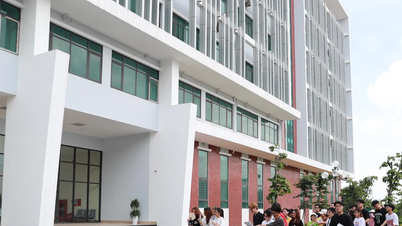





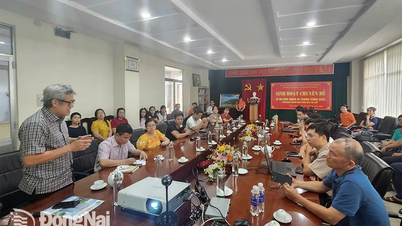


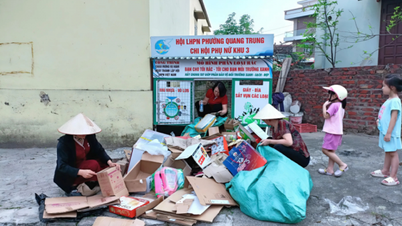







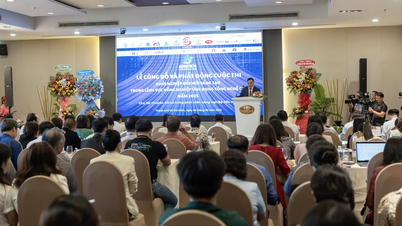
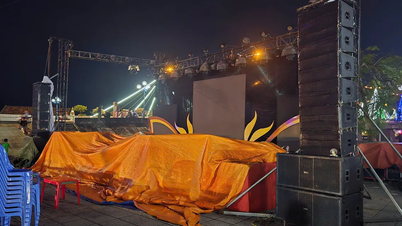

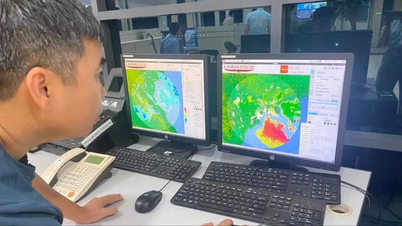
![[Photo] Nearly 104,000 candidates in Hanoi complete procedures to take the 10th grade entrance exam](https://vphoto.vietnam.vn/thumb/1200x675/vietnam/resource/IMAGE/2025/6/7/7dbf58fd77224eb583ea5c819ebf5a4e)








































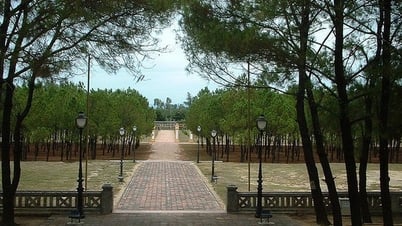






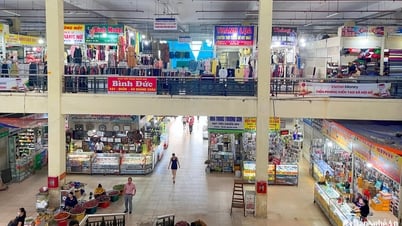








![[OCOP REVIEW] Tu Duyen Syrup - The essence of herbs from the mountains and forests of Nhu Thanh](https://vphoto.vietnam.vn/thumb/402x226/vietnam/resource/IMAGE/2025/6/5/58ca32fce4ec44039e444fbfae7e75ec)







Comment (0)